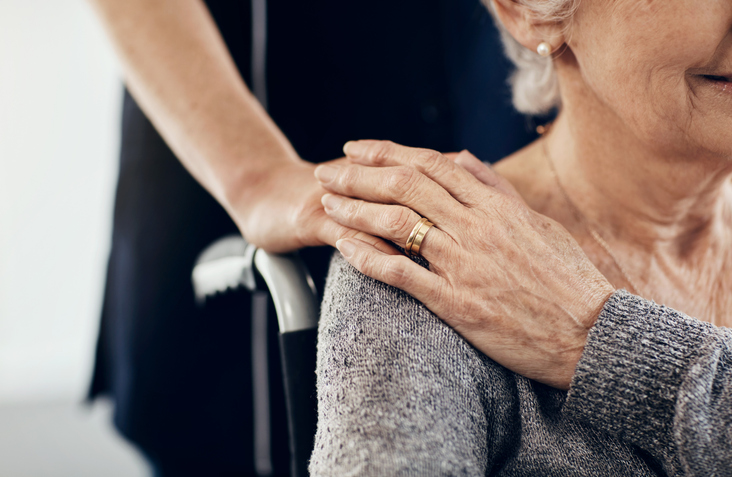
At the end of life, people may have to rely on others for help with showering, dressing and going to the toilet. This loss of privacy and independence can be confronting and difficult.
Now Australian occupational therapy (OT) researchers have interviewed 18 people receiving palliative care about how they feel about losing independence with self-care, specifically their intimate hygiene, as function declines with disease progression.
The study aims to raise awareness of how to provide better care for people at the end of life.
Lead researcher Dr Deidre Morgan, a Flinders University occupational therapist with 26 years of clinical experience, says the clear message is there are specific ways to provide assistance with intimate hygiene that may conserve or compromise a person’s dignity.

At its core, it comes down to effective two-way communication and providing opportunities for the person to influence how they receive care.
“Asking a person which parts of their intimate hygiene they want help with, which parts they want to do themselves, and how they want this help to be provided can boost a person’s sense of agency and control over their care,” says Dr Morgan.
The researchers, including OT experts from the Flinders University, Peter MacCallum Cancer Centre, Monash University and SA Government agencies, say the study is a vital reference for health professionals to raise awareness about their responsibilities to enable agency and even support partial independence.
“What we do and what we say can have a profound effect on a person’s dignity – especially if we are helping in intimate tasks like showering and going to the toilet,” says co-author Celia Marston, from the Peter MacCallum Cancer Centre in Melbourne.
“It is critical that we hear what a person wants the care to look like, or not look like.”
One participant, a 65-year-old professional woman with advanced cancer, told researchers that loss of agency and intimate hygiene dependency was so confronting that she couldn’t ask for the help she actually wanted.
This shows how important it is for carers to create opportunities for people to voice the help they want, researchers conclude.
The article, Conserving dignity and facilitating adaptation to dependency with intimate hygiene for people with advanced disease: A qualitative study (2021) by DD Morgan, C Marston, E Barnard and C Farrow, has been published in Palliative Medicine (Sage) DOI: 10.1177/02692163211017388 https://doi.org/10.1177/02692163211017388
Acknowledgements: This research received funding from Occupational Therapy Australia.

